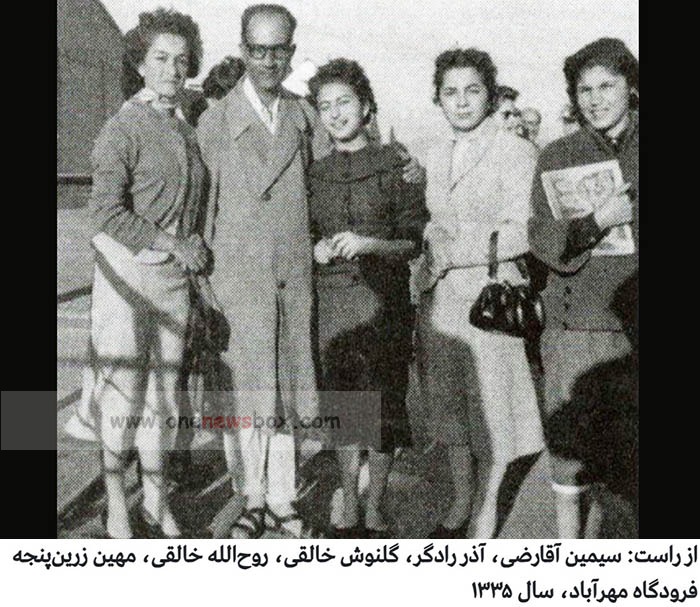Nasrollah Zarinpanjeh never claimed to be a great composer. He saw himself as someone with talent but lacking the formal acknowledgment and academic infrastructure to fulfill that role completely. Yet his contributions—preludes, colors, and compositions—were no less significant. He staunchly supported Ruhollah Khaleghi and the Conservatory of Music, believing it to be one of the greatest gifts to Iran’s musical culture. In a 1952 issue of the Iranian Music House quarterly, he expressed this sentiment poignantly by citing the progress of his own children as evidence of the conservatory’s worth.
But the revolution changed everything. The artistic and cultural institutions that once nurtured talents like Mahin’s were dismantled or repurposed. Mahin, who had been an employee of the Ministry of Culture and Art during the Shah’s regime, found herself at a crossroads. In addition to her solo performances, she had founded the first Women’s Orchestra in Iran—a revolutionary move that placed women at the forefront of orchestral music in a conservative society. But post-revolutionary Iran offered no place for such ambitions. Disillusioned and facing a stifling cultural environment, Mahin chose self-imposed exile.

